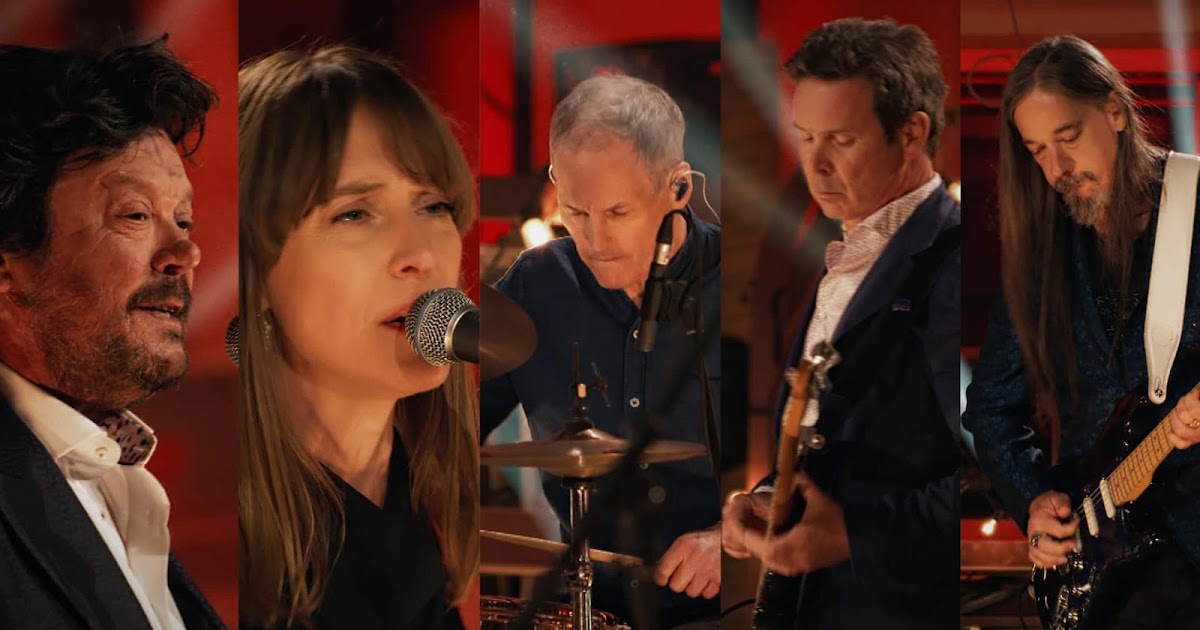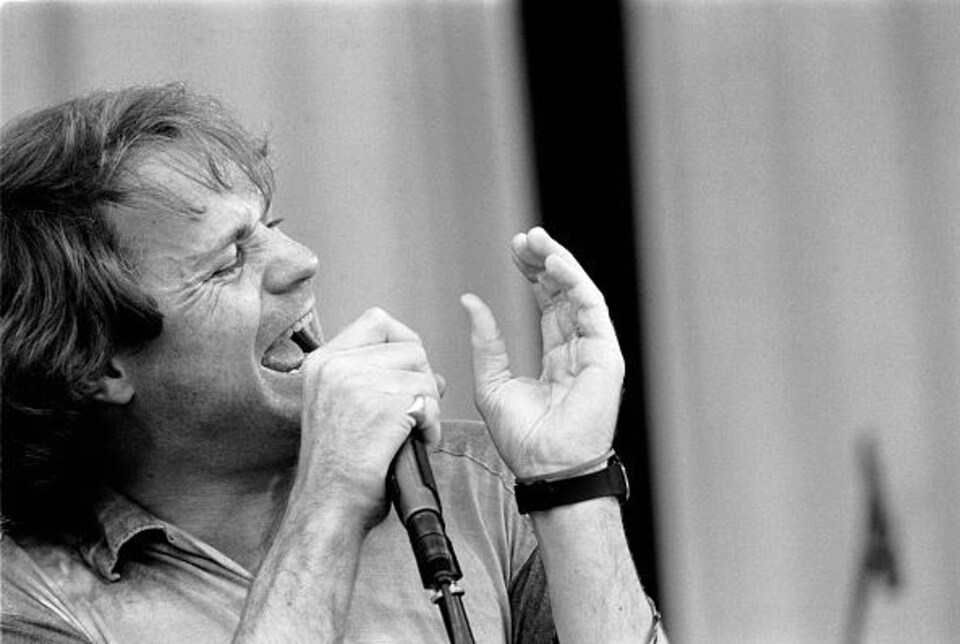
The Tragically Hip’s August 20th concert in 2016 is about as close to a “Where Were You?” moment as it’s going to get in Canadian arts and entertainment. In the Hips early years opening bands were often drowned out by chants of “Hip! When was the last Tragically Hip concert?

As a result, his lyrics began to connect people across different landscapes and cultures and unite them under one country. What The Tragically Hip meant to Canada?ĭownie used Canada as a palette for his poetry and songwriting as he drew references from all across Canada. He stated “When I say The Tragically Hip doesn’t exist as a performing unit anymore because a key member is gone, I think understand that. In July 2018, guitarist Rob Baker told Entertainment Tonight Canada that the Tragically Hip were no longer active as a touring or recording entity following Downie’s death. When did the Tragically Hip get popular?Īfter emerging as consistent chart staples thanks to landmark albums like Fully Completely (1992), Day for Night (1994), and Trouble at the Henhouse ( 1996), the Hip went on to enjoy a widespread and enduring popularity that propelled nine of their 13 albums to the number one spot, earned them a barrage of Juno Awards, … Did The Tragically Hip break up? … They namechecked people and places that were willfully, defiantly Canadian, which became a source of pride for so many in this country who were thirsty for something to call their own, something specifically not American. The Tragically Hip was labelled “Canada’s band” pretty early on.

That fund "aims to build cultural understanding and create a path toward reconciliation between Indigenous and non-Indigenous peoples," according to its website. His fifth and final solo album, Secret Path - which was released a year before his death - led to the founding of the Gord Downie & Chanie Wenjack Fund. He had left a residential school and was trying to make it home. One of his final musical projects told the story of Chanie Wenjack, a boy from Marten Falls First Nation who was found dead on railroad tracks near Kenora, Ont., in 1966. The band also set up The Tragically Hip Community Fund in 2004 to support local charities in their hometown of Kingston, Ont.ĭownie was also a passionate advocate for Indigenous rights and issues, including reconciliation and shining light on the history of residential schools. The Tragically Hip have helped to raise and donate millions of dollars for cancer research, environmental causes and more - including for Camp Trillium, The Canadian Cancer Society and the Special Olympics. The recognition, formerly known as the Allan Waters Humanitarian Award, honours artists or industry leaders who have shown an "exemplary dedication to social, environmental and humanitarian causes … in a single noted action or a lifelong commitment."

WATCH | Tragically Hip's Paul Langlois sings Bobcaygeon to support COVID-19 struggles in Ontario town:ĭuration 4:18 The community has experienced a rash of deaths due to the coronavirus. Geddy Lee and Alex Lifeson of Rush will present the band with the award. That, including their induction into the Canadian Music Hall of Fame, will be the Hip's 17th Juno. Previous recipients include Arcade Fire, Neil Young and Rush. The Tragically Hip, who are now tied with the Orchestre Symphonique de Montréal as the fourth most awarded act in the show's history, were already slated to receive the 2021 Humanitarian Award during the ceremonies. "Like the rest of Canada, I'll be so happy to hear these kings of song play again." "The only way I'm making any sense of it is to imagine I'll be singing backups for Gord, and know my 20-year-old self wouldn't believe it," she said. She called that experience her "first big education" and said she was "touched" to be given the opportunity to play with them now. In the same press release, Feist noted that she spent a year touring with The Tragically Hip early on in her career. Feist, right, performs a tribute to Leonard Cohen at the Juno Awards on April 2, 2017, in Ottawa.


 0 kommentar(er)
0 kommentar(er)
